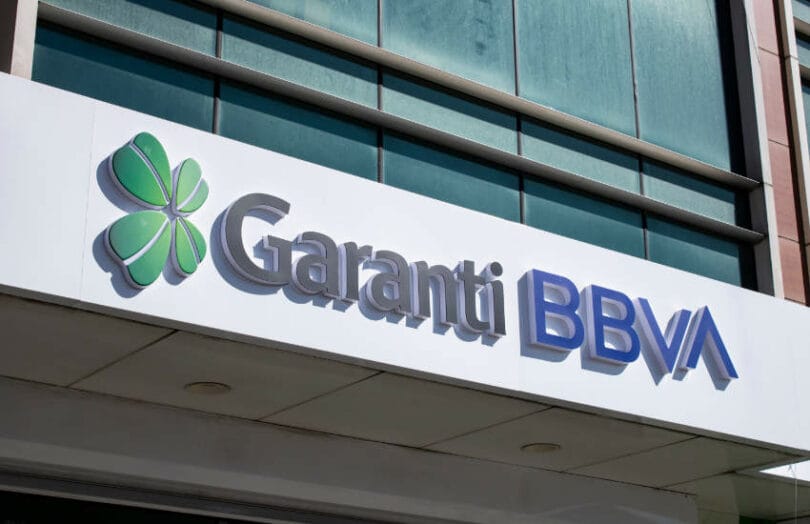BBVA Expands Crypto Trading in Europe with New MiCA Regulations

In a significant move towards embracing cryptocurrencies, Banco Bilbao Vizcaya Argentaria (BBVA), one of Spain's leading banks, is set to introduce cryptocurrency trading services across Europe. This expansion is facilitated through its subsidiary, Garanti BBVA Kripto, a platform previously known for its crypto custody services. The initiative leverages the recent enforcement of the European Union's Markets in Crypto Assets (MiCA) regulations, which came into effect on December 30, 2024, setting a new standard for crypto operations within the continent.
BBVA has partnered with Bit2Me, a well-established Spanish digital currency exchange founded in 2014, to execute these crypto trading services. Abel Peña, Bit2Me’s Chief Sales Officer, has expressed optimism about the future of crypto services in Europe under the new regulatory framework. He anticipates that by 2025, numerous banks throughout Europe will offer crypto spot trading to their clients. This strategic alliance signifies a broader trend where financial institutions are keen to integrate blockchain technology into their traditional offerings, especially with the MiCA regulations providing a clear legal pathway.
The Influence of Regulatory Environments
The journey of Garanti BBVA Kripto into crypto trading has been gradual; it started advertising these services on its website a year ago but was initially limited to a pilot phase, not accessible to the general public. Turkey's favorable regulatory environment has been a catalyst for BBVA's initial forays into crypto, and with MiCA now in play, BBVA can secure approvals to extend these services to a wider European audience, including trading in major cryptocurrencies like Bitcoin and Ethereum.
The timing of this expansion is intriguing, particularly in light of recent political developments in the United States. Donald Trump's victory in the 2024 presidential election, marking a shift from his previous skepticism to a pro-crypto stance, has seemingly influenced global financial strategies. His administration's prospective policies, including hints at establishing a strategic Bitcoin reserve, have sparked both excitement and debate among crypto enthusiasts and critics alike. However, former U.S. Treasury Secretary Lawrence Summers has branded the idea of a national Bitcoin reserve as "crazy," questioning its economic rationale and suggesting it might cater more to crypto advocates within Trump's voter base than to sound economic policy.
This sentiment isn't unique to the U.S.; similar reservations have been echoed in Japan, where Prime Minister Shigeru Ishiba has shown reluctance to include Bitcoin in the nation's foreign exchange reserves. These international perspectives highlight the complex interplay between politics, regulation, and the burgeoning crypto market, illustrating how global political shifts can influence economic strategies in the digital asset space.
As BBVA moves forward with its plans, the integration of crypto services not only signifies an adaptation to new financial technologies but also reflects a broader acceptance of cryptocurrencies by mainstream banking, potentially reshaping how financial services are delivered across Europe. They will also now need to compete with other Euro and global crypto exchanges like Binance, Bitstamp, Coinex, and others. This development could set a precedent for other financial institutions, encouraging a more crypto-friendly environment in traditional banking amidst evolving regulatory landscapes.

